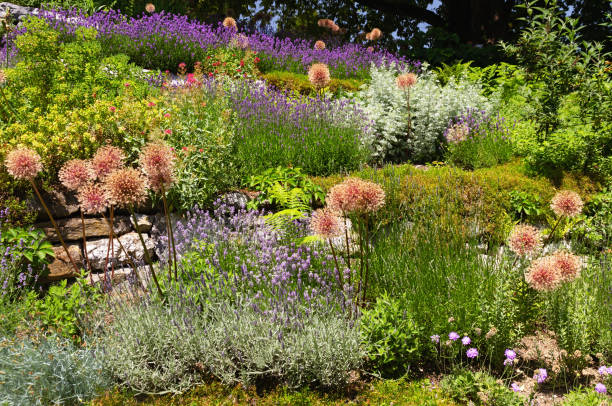English gardens give a romantic feel. To create English gardens you must choose plants that grow through and around each other, while complementing each other.
The secret to success in creating English gardens is planning, making clever plant choices, and knowing the key plants and flower types needed to give the English garden cottage aesthetic.
Here are some top plants to achieve an English garden look.
Delphinium
Delphiniums are known to be temperamental plants, but they are worth the extra effort. They prefer full sunlight giving the plants the necessity to bloom until autumn. High heat and a lack of moisture during the summer months can make the flowers short-lived. Watering every 2 to 3 days is essential to ensure your flowers continue blooming with these vibrant purple flowers.
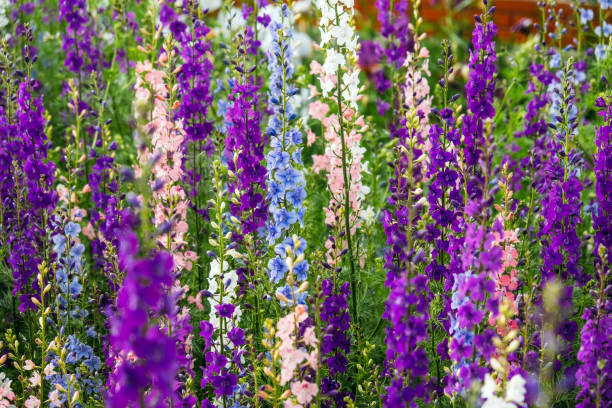
Image Credit: Unsplash
Lavender
With their dreamy fragrance and haze of purple spires, no English garden is complete without lavender. Lavenders can be a fantastic choice as these flowers are drought-tolerant, and have a delightful fragrance, making the flowers top choice for pollinating insects. You should plant them along borders or pathways to add charm to your English garden.
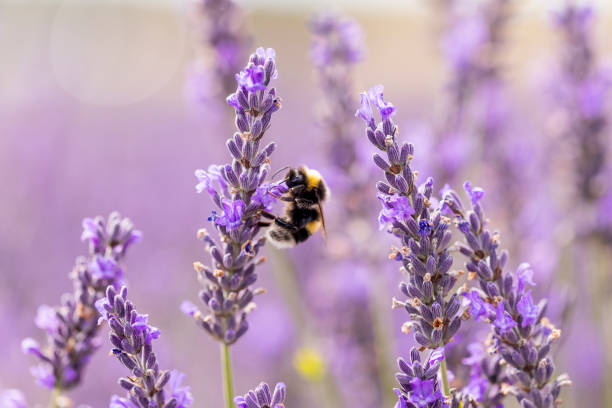
Image Credit: Unsplash
Roses
No English garden is complete without roses. When one envisions an English garden, roses immediately come to mind, they are a timeless favourite and a boast of wonderful blooms and delightful fragrances. With their silky petals, cupped-shaped blooms and heavenly scents, roses have a huge presence in any English garden.
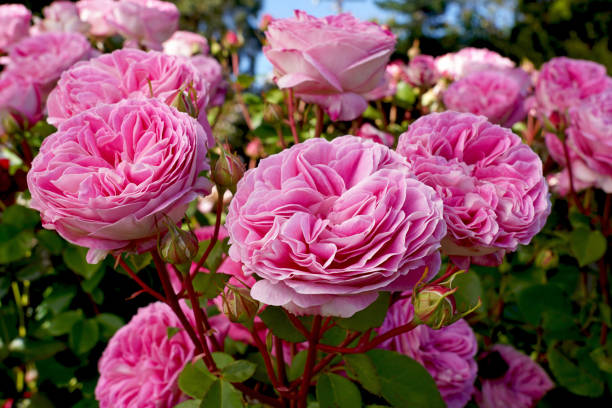
Image Credit: Unsplash
Hollyhocks
These towering flowers of bright and breezy blooms have a timeless charm that adds to the cottage style you are going for. Many gardeners grow them because of their height making them vertical accents for any part of your garden.
Give your hollyhocks a spot with good airflow and see them take shape into these gracious tall blooms towering in your English garden.
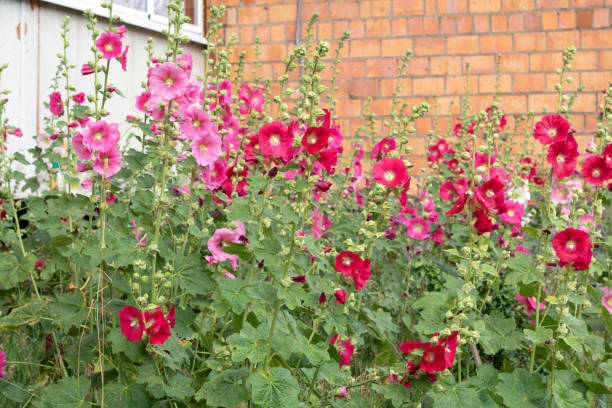
Image Credit: Unsplash
Primrose
These early-season bloomers with some of the brightest spring flowers, are the excellent choice for creating an English garden. The primrose can produce multiple flowers per stalk and blooms in a wide variety of colours.
They are also woodland plants, growing well enough under trees, but any lightly shaded spot in your garden will do.
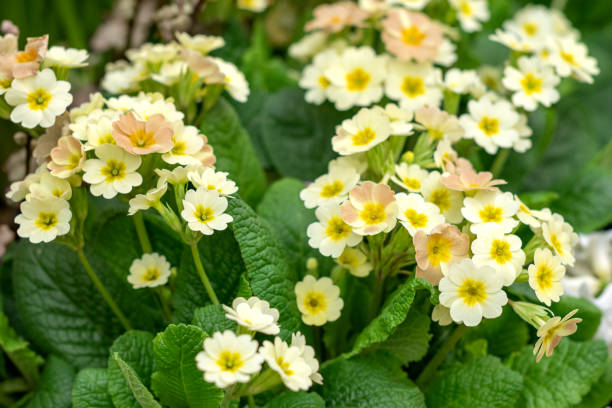
Image Credit: Unsplash
An English garden can mean many things, depending on the type, and the elements you want to add to your English garden. You can even go for a more formal English garden or a natural cottage garden, still encompassing the parts that bring out the English garden aesthetic.
ALSO SEE:
Feature Image: Unsplash

